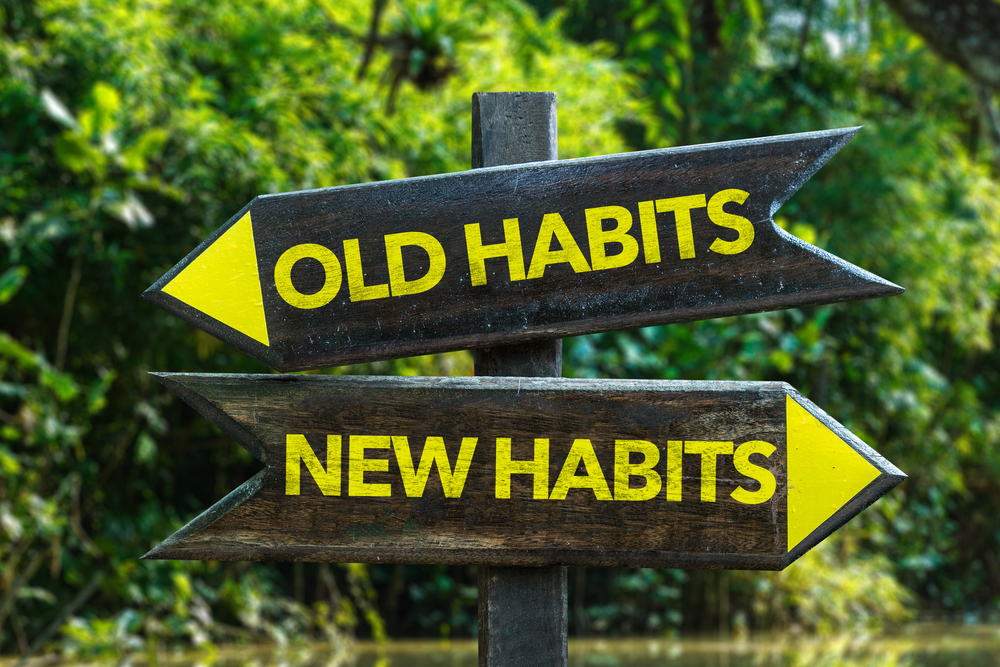As we find ourselves in July, some of us may find ourselves in an annual period of self-reflection and self-regulation by engaging in the commendable initiative of 'Dry July'. As such, July presents a great opportunity for many of us to consider ways that we can improve our relationship with alcohol.
Alcohol: A Double-Edged Sword
Alcohol, across cultures, is often synonymous with social engagement, relaxation, and celebration. However, it can also become a source of physical stress, impaired cognition, and have an adverse impact on personal relationships.
Scientifically speaking, alcohol is a central nervous system depressant. It alters brain chemistry, disrupting communication between nerve cells. Initially, this can lead to feelings of relaxation and euphoria, but as blood alcohol content rises, cognitive functions like decision-making and impulse control become significantly impaired.
Alcohol's long-term effects are not to be overlooked either. Chronic heavy drinking can lead to a range of health issues, including liver disease, cardiovascular problems, and increased risk of certain cancers. Moreover, it can lead to neurological damage, affecting both cognitive functions and mental health, potentially leading to mental health conditions such depression and anxiety.
A Balanced Approach
With such potential harm, it would be easy to assume that total abstinence is the only safe route. However, a complete renunciation of alcohol is not the only option, and for many, it may not be the most effective or realistic approach.
Leading experts such as Dr. Katie Witkiewitz and Dr. Robert L. Doyle have championed the strategy of moderation for individuals without a severe dependency on alcohol. They argue that moderation can be a more sustainable, flexible, and therefore successful strategy.
Moderation is not about total restriction; instead, it’s about drinking consciously, making informed decisions about when, why, and how much you drink. It's about maintaining control over your drinking habits rather than allowing them to control you. It’s about taking care of your health, respecting your body, and, above all, enjoying a balanced life.
Moderation: A Positive Ripple Effect
There are numerous advantages to practicing moderation when it comes to alcohol consumption, and these benefits go well beyond just improving physical health. By being mindful of our alcohol intake, we can initiate a positive ripple effect that impacts various aspects of our lives.
- Physical Health: Moderate drinkers tend to have better cardiovascular health compared to heavy drinkers. They also have a lower risk of liver disease, certain cancers, and alcohol-related injuries. Besides, abstaining from alcohol for a few days each week gives your body time to recover and repair.
- Mental Wellbeing: Overconsumption of alcohol can exacerbate mental health conditions. By moderating our drinking, we can better manage our mental health and even improve the quality of our sleep, which plays a vital role in our overall wellbeing.
- Relationships: Alcohol often plays a big part in social gatherings. However, by moderating your intake, you can still participate in social events without the risk of potential arguments, embarrassing situations, or misunderstandings fuelled by excessive alcohol.
- Focus and Productivity: Consuming less alcohol can result in clearer thinking, better concentration, and improved productivity at work or study.
- Finances: Cutting back on the amount and frequency of alcohol purchases, can also save you a lot of money. In these financially challenging times, moderating your consumption of alcohol can help you to build up your savings buffer.
To moderate your alcohol consumption effectively, the following key principles and steps are important:
1. Developing Self-Awareness: This crucial first step in the moderation process involves consciously observing your drinking habits without judgment. Take note of when, where, why, and how much you drink. Identify the triggers that lead you to reach for a drink. Do you turn to alcohol when you're stressed, bored, or in a social setting where everyone else is drinking?
2. Establishing Personal Boundaries: Once you have a clear understanding of your drinking patterns, it's time to set realistic and achievable limits for yourself. These limits can be daily or weekly, but they should align with accepted health guidelines.
3. Designating Alcohol-Free Days: Incorporating regular alcohol-free days into your routine can break the cycle of habitual drinking. This allows your body, particularly your liver, to recover and proves to yourself that you can enjoy your free time without relying on alcohol.
4. Exploring Healthier Alternatives: If you find yourself using alcohol as a means to cope with stress or boredom, seek out healthier alternatives. Engage in physical activity, discover a new hobby, or simply spend quality time with loved ones. The market is also brimming with a wide range of high-quality alcohol-free beverages that can serve as a healthier substitute.
5. Transforming Your Environment: The environment in which you consume alcohol can significantly influence your drinking habits. If certain people, places, or activities trigger you to drink more, consider making changes such as avoiding those specific individuals or situations.
6. Seeking Support: Remember, you don't have to embark on your moderation journey alone. Sharing your goals with supportive friends and family or seeking professional help can provide you with the encouragement and guidance you need along the way.
Making Moderation Work
Consider this scenario: You've had a long day at work, filled with strenuous physical activity or mentally taxing challenges. You return home, your body aching and your mind buzzing, and you reach for a cold beer or a glass of wine to help you relax. This is a scene many of us can relate to. However, it’s important to understand that while alcohol might seem to offer immediate relief, it can actually exacerbate the issues we're trying to alleviate.
Alcohol can disrupt your sleep patterns, increase your stress levels, and potentially lead to more severe issues like anxiety and depression over time. It's an ironic twist that the very thing many of us use so regularly as a coping mechanism could be contributing to our struggles. So, how can we change this?
The first step as you know, is self-awareness. Pay attention to when and why you're reaching for that drink. Is it a habit? A response to stress? By identifying your triggers, you can start to make more conscious choices.
If you discover that you're consistently indulging in a couple of beers every evening after work, consider devising a fresh approach to wind down at the end of the day. Maybe you could opt to only consume alcohol on weekends, explore the world of craft non-alcoholic beverages, or establish a weekly limit for yourself. Alternatively, you could find an alternative activity that aids in relaxation – whether it be going for a jog, engaging in a sport, or simply unwinding with a book you haven't had a chance to read or your favourite TV show.
Another common scenario that many of us can relate to involves social or professional gatherings where alcohol is often flowing freely. Whether it's an after-work networking event, a company dinner, or a night out with friends, these situations can easily lead us to consume more alcohol than we initially intended. However, by being prepared and having a plan in place, you can navigate these social or work-related situations without compromising your commitment to moderate drinking. Decide in advance how many drinks you will allow yourself to have, perhaps one or two, and stick to that limit. It's important to learn how to politely and firmly decline when someone offers you another drink, ensuring that you stay true to your moderation goals.
Everyone's journey towards moderation is a personal one, but the core principles remain unchanged: increasing self-awareness, establishing personal boundaries, and discovering healthier coping mechanisms. It's about consciously making decisions that lead to a healthier and more balanced relationship with alcohol. It's important to remember that there is no one-size-fits-all approach. What works best for you will depend on your individual circumstances, preferences, and lifestyle. The key is to take that first step, start small, and remain consistent in your efforts.
Lastly, please be aware that this article is intended to provide guidance for those seeking to build healthier habits around alcohol, rather than those dealing with alcohol addiction.
Alcohol addiction is a serious health issue that often necessitates professional support to overcome. If you or someone you know is grappling with alcohol-related problems, such as physical dependence or compulsive drinking patterns, it is important to seek assistance from a healthcare professional.
Share this
You May Also Like
These Related Stories

Make Or Break Time: How To Conquer Your Habits

Bad Habits And How To Break Them




